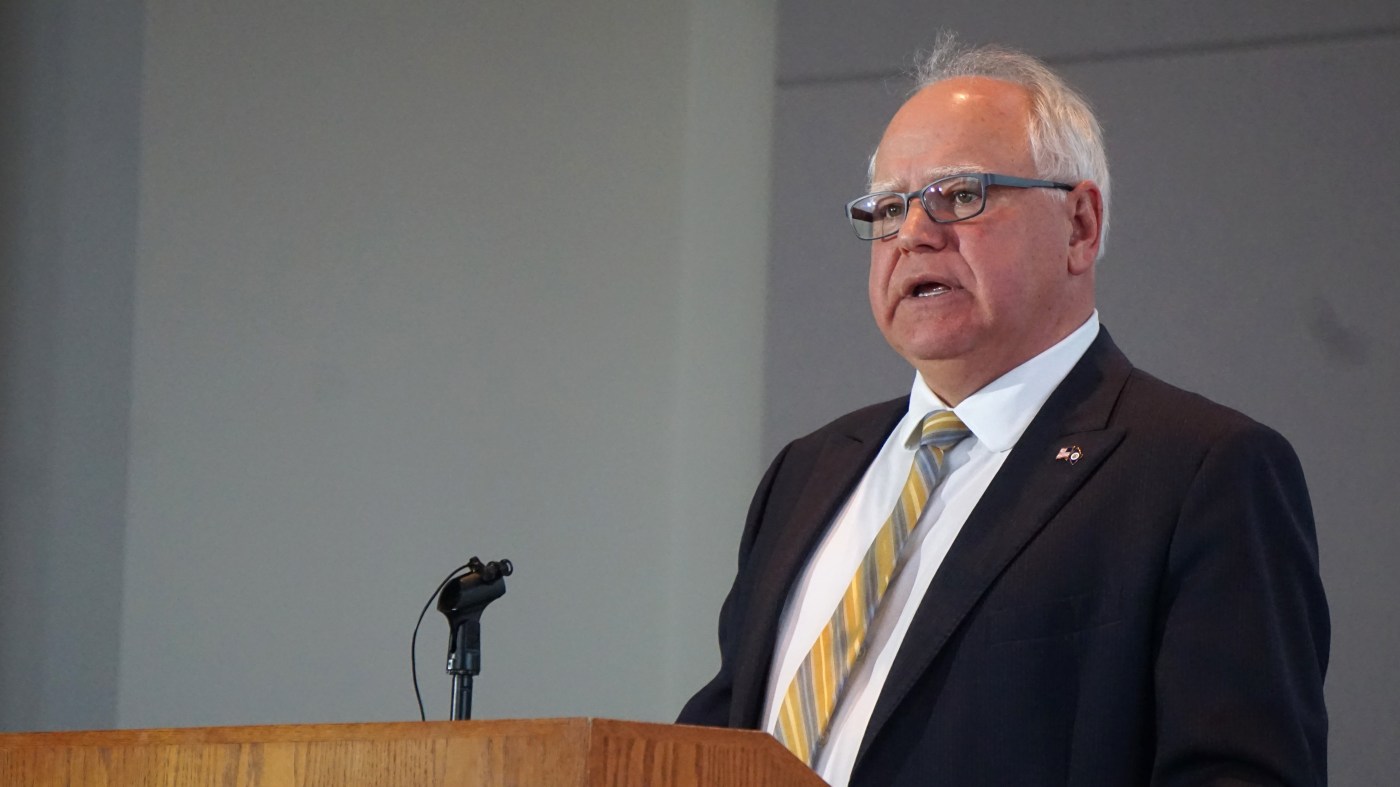
Minnesota redistricting process will count inmates at home addresses, instead of prison locations
Minnesota has joined a growing list of states that plan to count prisoners at their home addresses instead of at the prisons they’re located when drawing new political districts.
Minnesota Gov. Tim Walz last week signed legislation that says last known addresses will be used for counting inmates, not the federal or state correctional facilities where they are housed. Prisoners whose last address is out of state or whose address is unknown would be excluded from the redistricting process, though they would be counted as part of Minnesota’s population total, according to the new law signed by the Democratic governor.
Eighteen states already have made similar changes to how prisoners are counted during the once-a-decade census. Most, but not all of the states, are controlled by Democrats and have large urban centers.
Although the U.S. Census Bureau has counted inmates as prison residents since 1850, states control redistricting and can move those populations to their home counties for that purpose or not include inmates at all when maps are drawn.
Advocates for the changes have argued that counting prisoners at their institutions shifts resources from traditionally liberal urban centers — home to many inmates who are disproportionately black and Hispanic — to rural, white, Republican-leaning areas where prisons are usually located.
Opponents, however, argue that towns with prisons need federal money for the additional costs they bring, such as medical care, law enforcement and road maintenance.
Population data collected from the census are used to carve out new political districts at the federal, state and local levels during the redistricting process every 10 years.
Related Articles
MN Legislature: Measure to speed up cannabis dispensaries passed, but GOP lawmaker has questions
Hastings seeks PFAS funding after Legislature sinks bonding bill. But why isn’t 3M paying?
Medical aid in dying bill didn’t cross finish line this MN Legislature session
Jennifer Huddleston: AI and privacy rules meant for Big Tech could hurt small businesses most
Bruce Corrie: We have a distinct opportunity in downtown St. Paul


